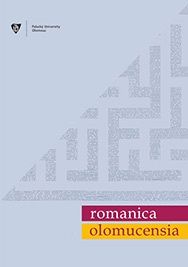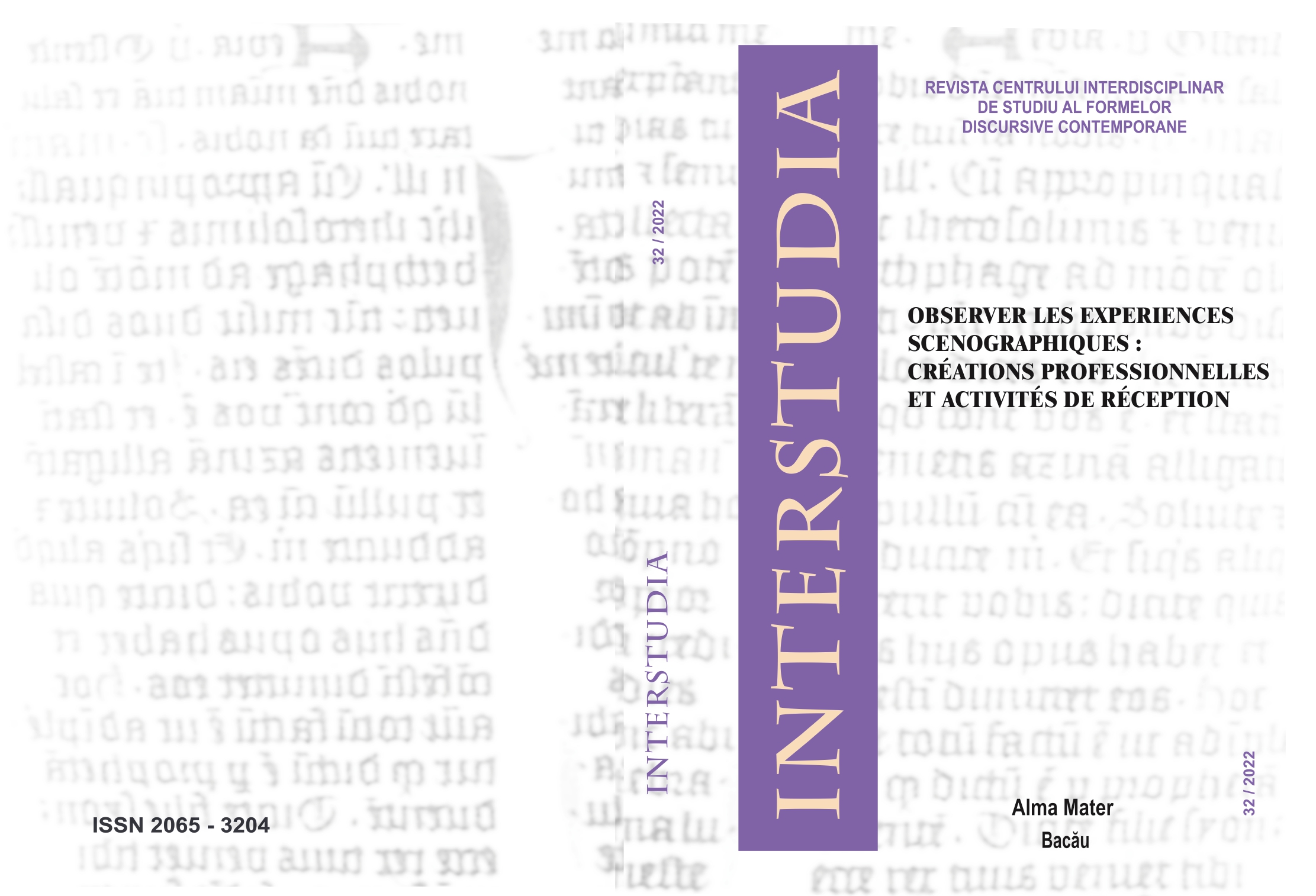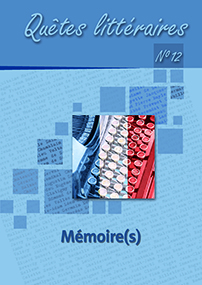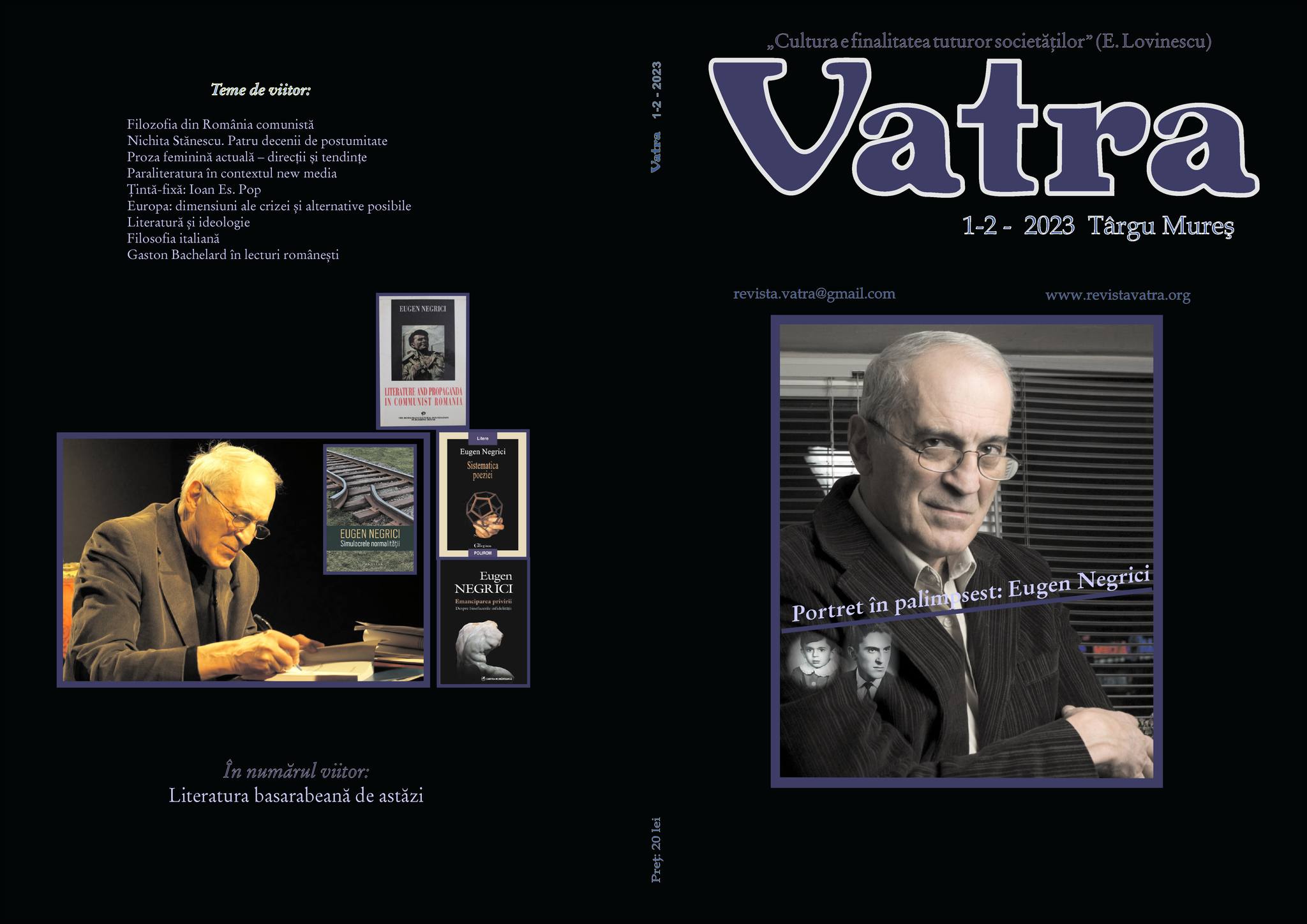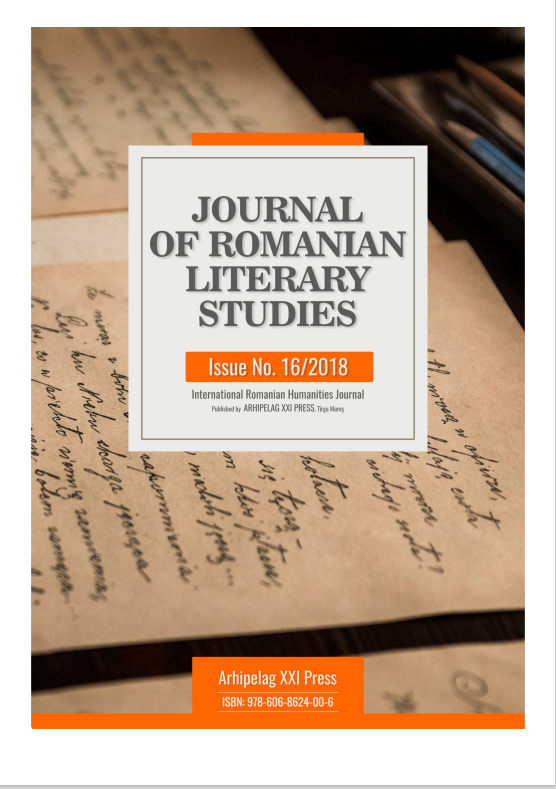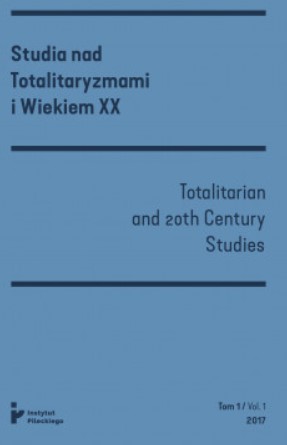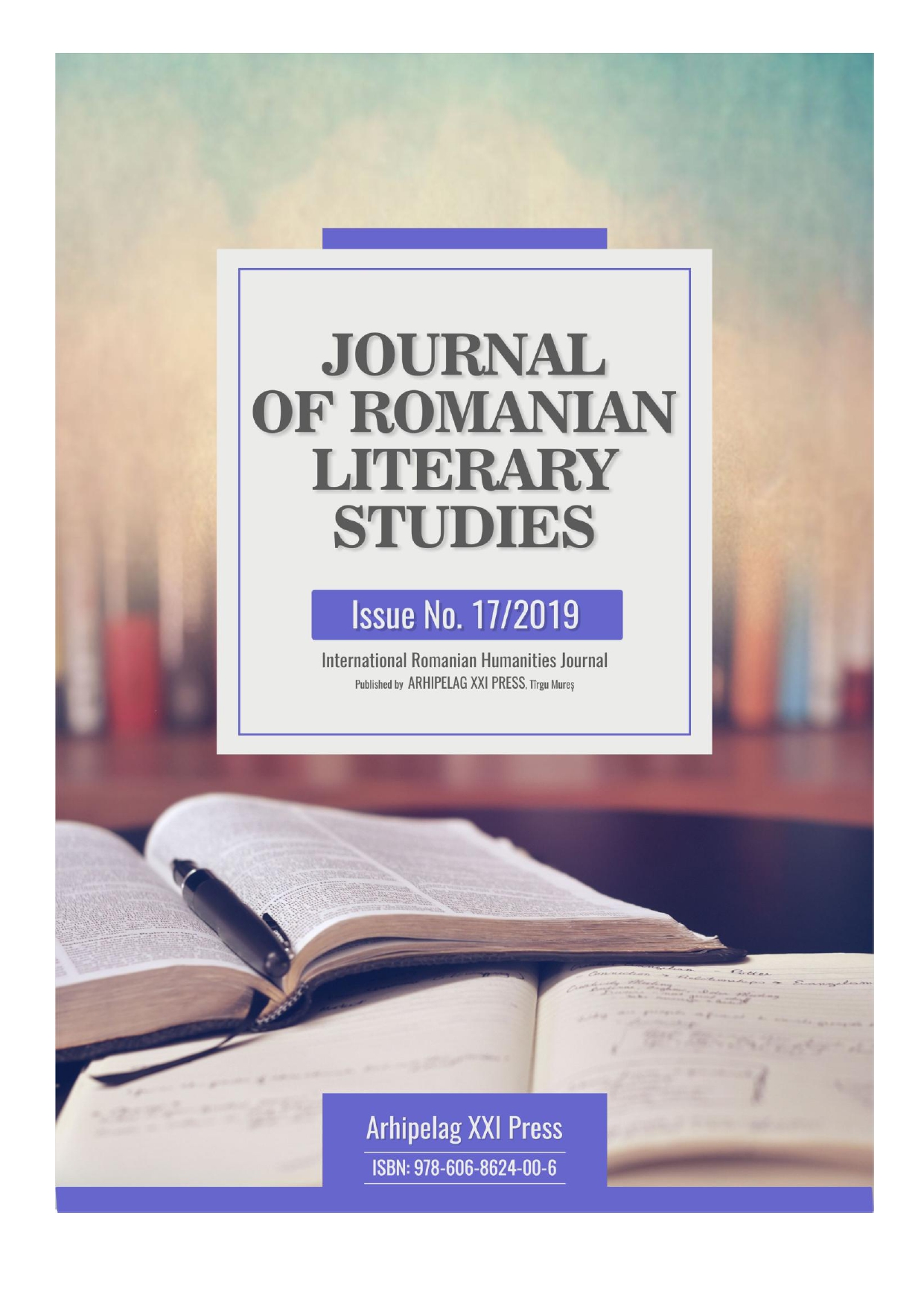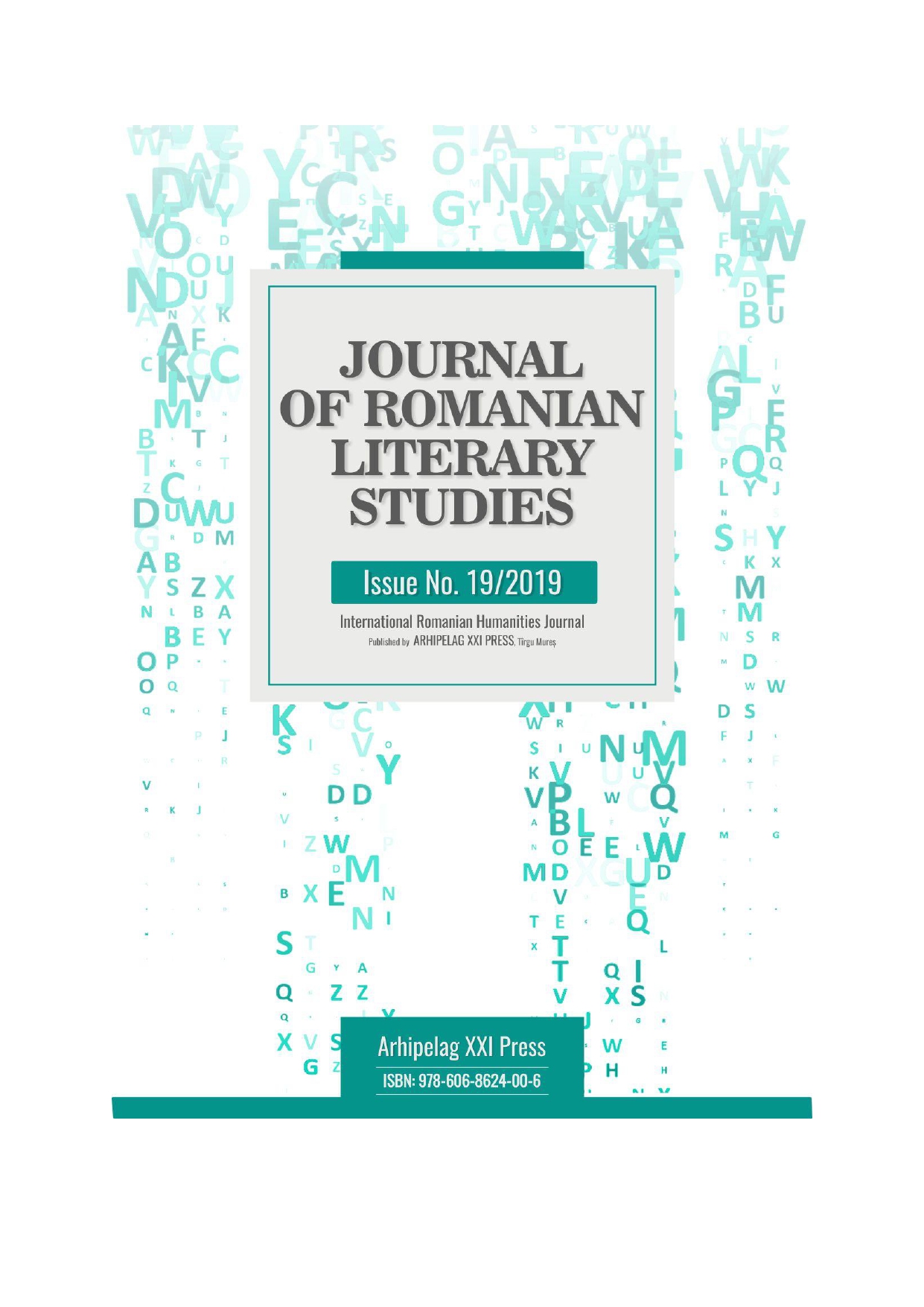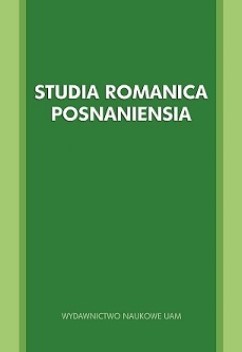Author(s): Daniel Sangsue / Language(s): English,French
Issue: 12/2022
Based on a corpus of ten works (of the following publishers: Belfond,Bordas, Buchet, Corti, Girodias, Laffont, Nadeau, Nyssen, Pauvert, Verny and Zylberstein), this paper tries to define a small poetics of publishers’ memoirs, a genre which oscillates between an autobiography, a story and a portrait, and which mixes individual and collective memory. The study focuses on different components and topoï of this kind of narratives: a Bildungsroman, themes of passion for books and a book as an object, a foundation story, a description of a publisher’s tasks (choice of manuscripts, supporting authors, running for literary awards, etc.). Presenting a pragmatic view on the production of books, publishers’ memoirs offer a gallery of renewed portraits of different writers, as well as afford an alternative and interesting glance at literature, and in particular at: historical context of its production, material and pecuniary conditions of its creation, author’ and publishers’ strategies, relationships between authors and publishers.
More...
